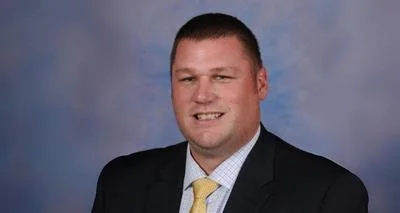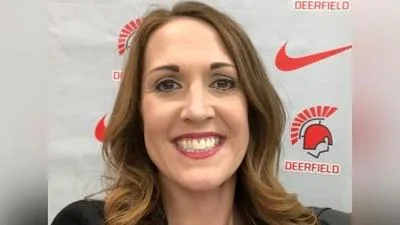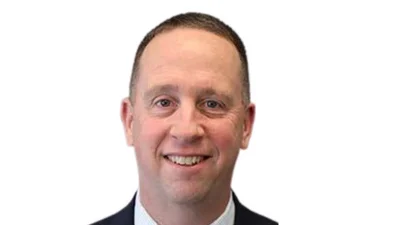Laura Sabino, Executive Director at The Lake County Haven | https://media.licdn.com/
Laura Sabino, Executive Director at The Lake County Haven | https://media.licdn.com/
The listed appropriations included two grants of $250,000, along with two additional grants totaling $450,000, all designated for programs or services funded by the State of Illinois.
These appropriations represent state-level funding authorized by lawmakers, reflecting what was approved in the budget, not necessarily disbursed. The funds cover only State of Illinois support and exclude federal, local, or other public sources.
Founded in 1992 by Mike Gretz, Lake County Haven states that its mission is: “Our goal is that our residents will never be homeless again.”
You can learn more about the organization at its website.
In its most recent IRS Form 990 filing filing for tax year 2024, the organization reported $1,874,250 in total revenue. Of that, $142,484 came from government grants including federal, state, or local sources, making up 7.6% of total revenue.
The nonprofit listed $1,605,100 in contributions overall. It also reported $215,321 in non-cash contributions, such as donated goods or services, and $1,397,510 categorized under other contributions, which may include restricted donations, pledges, or bequests.
At the beginning of 2024, Lake County Haven had $4,674,710 in assets. By the end of 2024, that figure had changed to $5,073,060, indicating an 8.5% growth in overall holdings.
According to its filing, public funding to Lake County Haven declined in the last year, falling from $151,233 in 2023 to $142,484 in 2024—a decrease of 5.8% year-over-year.
However, a Chicago City Wire analysis found that IRS filings frequently contain discrepancies when compared with publicly disclosed government grant reports and budgets.
Lake County Haven is one of hundreds of nonprofits across Illinois that receive substantial support from state taxpayers while also fundraising privately.
In 2025, Illinois lawmakers introduced House Bill 1266, also known as the Department of Government Efficiency (DOGE) Act. The proposal would create a new oversight body within the Office of the Auditor General tasked with identifying cost-saving measures, reviewing agency performance, and advising on audit priorities. If passed, DOGE could bring additional scrutiny and performance evaluation to taxpayer-funded organizations.
According to ProPublica, Illinois has more than 78,000 active tax-exempt organizations, including nearly 60,000 classified as charitable nonprofits. In their most recent IRS filings, these groups reported a combined revenue exceeding $156 billion.
| Fiscal Year | Total Grants/Contracts | Total Taxpayer $$ |
|---|---|---|
| 2024 | 4 | $950,000 |
| Term | Name | Title |
|---|---|---|
| 2024-2024 | Angelo Franchi | Director |
| 2024-2024 | Elizabeth Mcelwain Mckenna | Director |
| 2024-2024 | Geoffrey Luce | Director |
| 2024-2024 | Julie Daugs | Director |
| 2024-2024 | Kate Serdar | Treasurer |
| 2024-2024 | Laura Brown Hoult | Director |
| 2024-2024 | Laura Sabino | Executive Director |
| 2024-2024 | Matt Dudley | President |
| 2024-2024 | Melanie Gloria | Director |
| 2024-2024 | Michele Hallee | Vice President |
| 2024-2024 | Steve Koivisto | Secretary |
| 2024-2024 | Tera Mcblaine | Director |
| 2024-2024 | Virginia Shropshire | Director |






 Alerts Sign-up
Alerts Sign-up